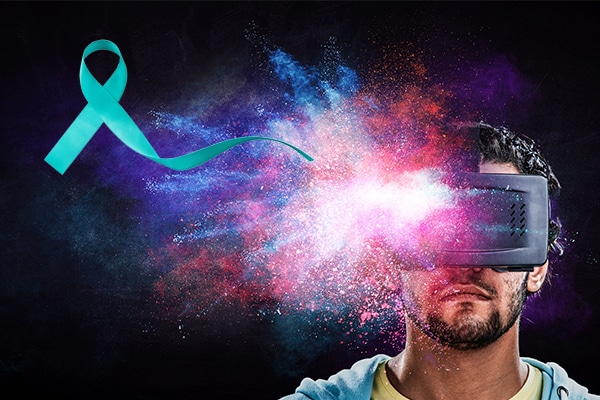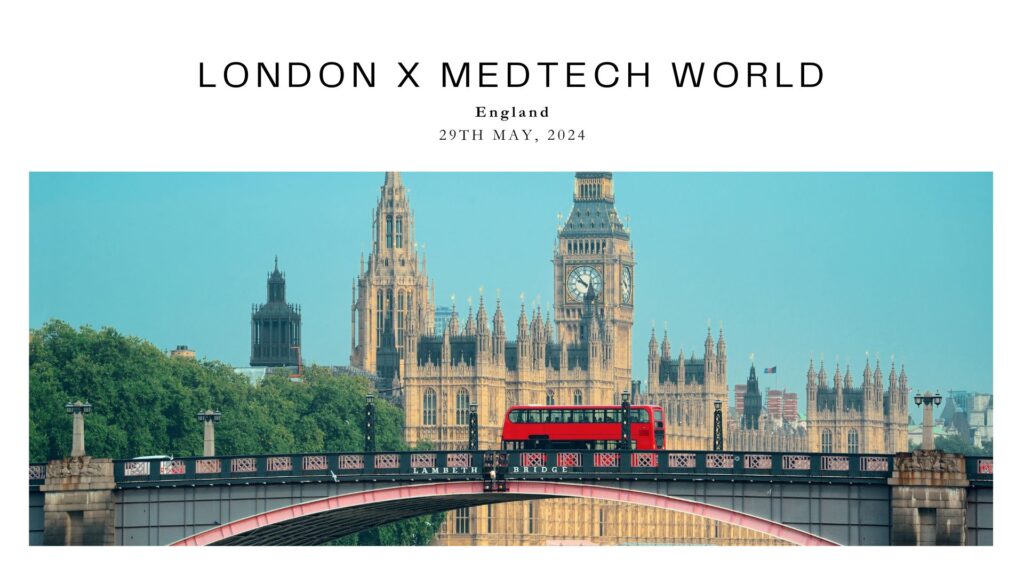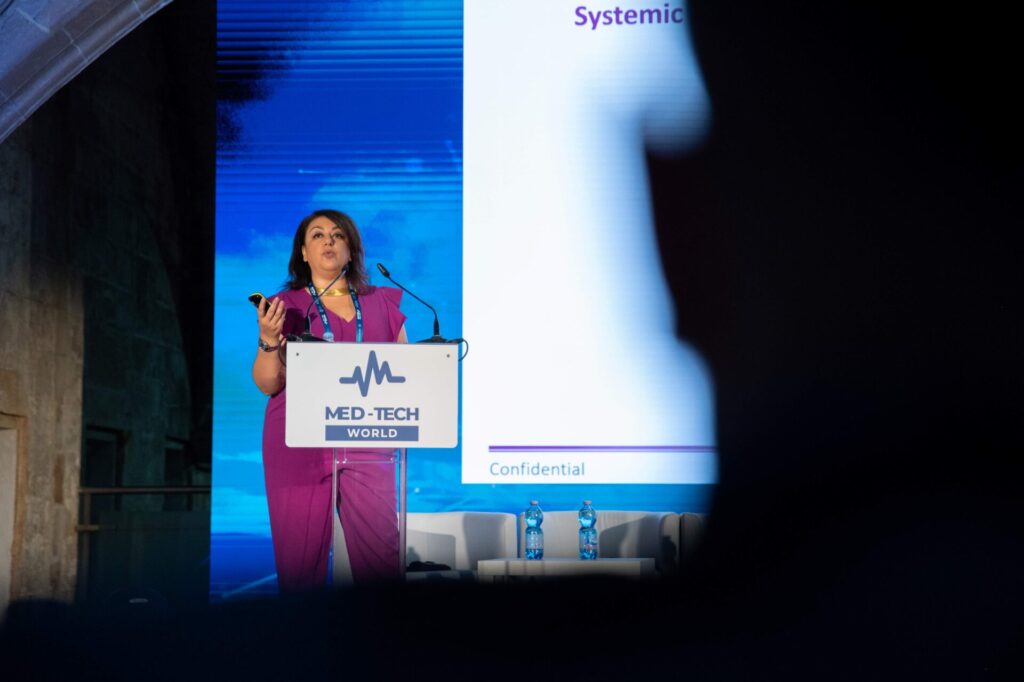
The Story of VR, PTSD & Anxiety
Can VR be used as a digital therapeutic?
Words by Dr. Ryan Grech and Dr. Dylan Attard, Clinical & Health Tech Advisors for MedTech World and two of the co-founders of Digital Health Malta.
Virtual reality, that simulated experience that usually takes you on a rollercoaster ride. Whilst a lot of tech giants including Amazon, Apple, Facebook, Google, Microsoft, Sony and Samsung have been venturing into the world of VR primarily for entertainment purposes other institutions and start-ups are leading the way by using VR for therapeutic purposes. For example, two such clinical scenarios are post-traumatic stress disorder (PTSD) and anxiety. The fact that VR headset prices are finally getting cheaper allows them to enter into mainstream society which ultimately benefits different cohorts including patients – VR in fact, maybe a breakthrough tool for psychologists.
Where does VR come into the mix in therapy for PTSD though? It comes into play through the use of prolonged exposure therapy which is used to treat survivors of varied traumas including rape, assault, child abuse & combat such as wars amongst others. Prolonged exposure therapy developed by clinical psychologist Dr Edna Foa, is in its basic form a type of cognitive behavioural therapy that has two main arms of treatment, imaginal and in vivo exposures. The first one results in a repeated on-purpose retelling of the traumatic memory whilst the latter is brought about by gradually confronting situations, places, and things that are reminders of the trauma that feels dangerous.
You can probably already tell where we are going with this. VR enables therapists to recreate these triggers in an extremely safe environment under constant direct supervision. It also means that they can re-create certain triggers that would not have otherwise been possible such as war zones.
Some of the psychologists that were interviewed by the New York Times have said that whilst VR is unlikely to replace other forms of therapy like talk therapy or real-life exposure it may still be of incredible benefit to the whole healing process.
Whilst this is all great to hear, ironically one of the problems with recreational VR headsets is that they may end up being too accessible resulting in people trying to recreate the same thing at home, for example, a war veteran recreating a bombing scenario. The issue here is that most likely the patients will not see any real benefit doing it alone because VR therapy as part of prolonged exposure therapy is not simply the “re-living” of the situation. The clinician plays a huge role in taking the patient through the exposure whilst you’re “re-living” it which is as important if not more than just being exposed to the scene again.
So does it really work?
One study showed that out of 20 Iraq veterans suffering from PTSD, 16 no longer met the criteria for PTSD after VR exposure therapy.
The New York Times article also alludes to an as yet unpublished study of 49 of 50 front-line nurses who found that using VR headsets to simulate mindful meditation exercises in tranquil settings produced noticeable reductions in anxiety and stress.
Ultimately, VR will play an increasing role in some therapies as described above and therefore it is not just a technology to be used for entertainment purposes. Something that needs to be stressed is that it is part of the solution and not the solution. Even so, the increasing role of VR playing a significant role in PTSD or anxiety treatment could not have come at a better time. As we emerge from COVID, the number of healthcare workers suffering from PTSD or people discovering new phobias is certainly on the rise.
The bottom line is to make sure that we do understand that VR also has its limits and should be used under the direction of qualified professionals. As a result, our opinion is that VR is a digital therapeutic and therefore should be prescribed. We thus take this opportunity to once again highlight that digital tools should always be prescribed to patients as there is a risk for misuse or in some instances even worse, adverse effects. There is a reason why not all pharmaceuticals are over-the-counter meds; look at the opioid over-the-counter availability in the USA, we all know how that turned out.
Med-Tech World: 18th-19th November 2021
The Med-Tech World conference, which follows a successful digital event in 2020, will run from 18th-19th November 2021 and will highlight innovations and developments in digital health across the globe. With so many countries realising the potential for exponential growth, Med-Tech World will address the opportunities and challenges driving this multi-million forum – embracing the potential for technological innovation to change the face of medicine in this global sector. Register your interest here!
you might also like
view all






